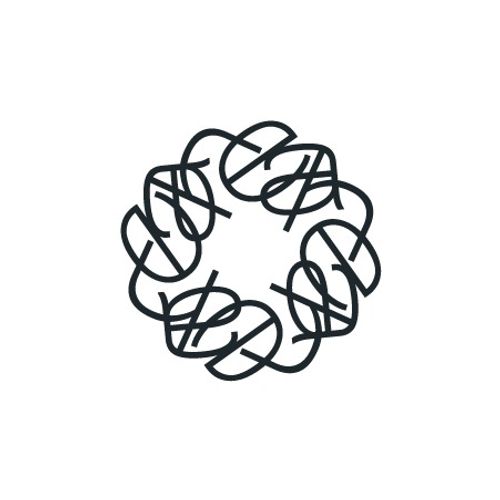Episode 137
Hematology Portraits: Prof Brian Huntly
Join us for this insightful interview with prof. Brian Huntly from the University of Cambridge who tells about his professional journey in hematology as a clinician, scientist and educator.
Listen to prof. Huntly discuss his important contributions to the field of leukemia stem cell biology in the context of current understanding of cell biological hierarchies and leukemia development.
Prof. Huntly also touches on the concepts of early interception and tumor-specific and tumor-nonspecific areas to personalized medicine. Tune in to hear how prof. Huntly combines his work in the fields of science and clinical medicine and what his recommendations are for younger colleagues, who are in the early stages of their careers.
Host: Isabel Olivera-Martinez, PhD, Medical Writer
Guest: Prof Brian Huntly
Learn More
What did you think of this podcast? Share your opinions with us in this short feedback survey.
https://forms.monday.com/forms/d02e52896815eef59ecae09fb74dd78f?r=use1
Would you like to explore more eLearning or podcasts? Please visit the EHA Campus.
Subscribe, share, and review this podcast to be able to address topics you enjoy and like to listen to.
Follow EHA on Instagram: https://www.instagram.com/EHA_Hematology/
Facebook: https://e-h-a.link/facebook
LinkedIn: https://www.linkedin.com/company/eha/
Email us: education@ehaweb.org
Subscribe to receive the EHA Educational Updates via https://eha.news/subscribe

